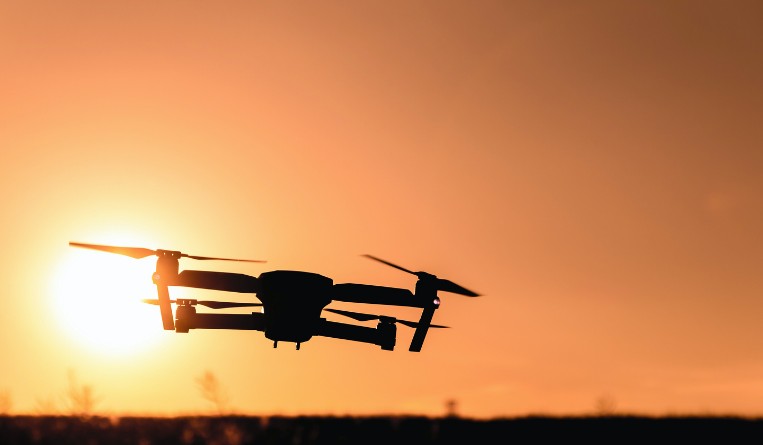Drone Rules
28 October 2021

The Civil Aviation Ministry of India has notified Drone Rules, 2021 on August 26, 2021. It replaced the Unmanned Aircraft Systems Rules, 2021 which were notified in March, 2021. These new rules have made it easier to own and operate drones in India. The earlier rules were very restrictive in nature as they required numerous permissions and lengthy paperwork for every drone flight. Thus, after receiving objections from all the stakeholders, the government of India decided to come up with hassle free and liberal rules for operating drones.
As per Rule 2 (2), Drone Rules, 2021, these rules do not apply to unmanned aircraft systems weighing more than 500 kgs. However, it is likely to cover drone taxis as well.
The key feature and major changes are as under:
- Less paperwork: the number of forms required to be filled for using and operating drones has been reduced from 25 to five.
- It has done away with different approvals, viz. unique prototype identification number, unique authorization number, certificate of airworthiness, certificate of manufacturing, certificate of maintenance, import clearance, operator permit, student remote pilot license, etc.
- Rule 36. There is no need to apply for remote pilot license for operating micro drones (non-commercial use) and nano drones.
- Rule 42. If drones are operated in the Green Zone by R&D entities, Type Certificate, remote pilot license and unique identification number is not needed.
- Rule 43(2)(a). To facilitate cargo deliveries through drones, special drone corridors would be made.
- Rule 44. No third-party insurance is needed for operating or using nano drones.
- Rule 46. The remote pilot license fee has been significantly reduced from Rs3,000 (US$40) for large size drones to Rs100 (US$1.34) for all types of drones. No distinction is made on the basis of the size of a drone for levying license fees.
- Rule 50. Maximum Penalty has been reduced to Rs100,000 (US$1,335) for non-compliance and violation.
- The Digital Sky Platform would be further developed to facilitate a single-window system for the varied clearances that are required.
- The different types of fees payable have also been reduced from 72 to four.
- A security clearance is not required before the issuance of any license or registration.
- DGCA will prescribe standard operation procedures and training procedure manuals on Digital Sky Platform for self-monitoring by operators. Unless there is deviance or non-compliance of prescribed procedures, no approval is needed.
The new Drone Rules are set to revolutionize the aviation industry. These will help startups and other companies in expanding their operations and coming up with innovative methods of carrying on business.








